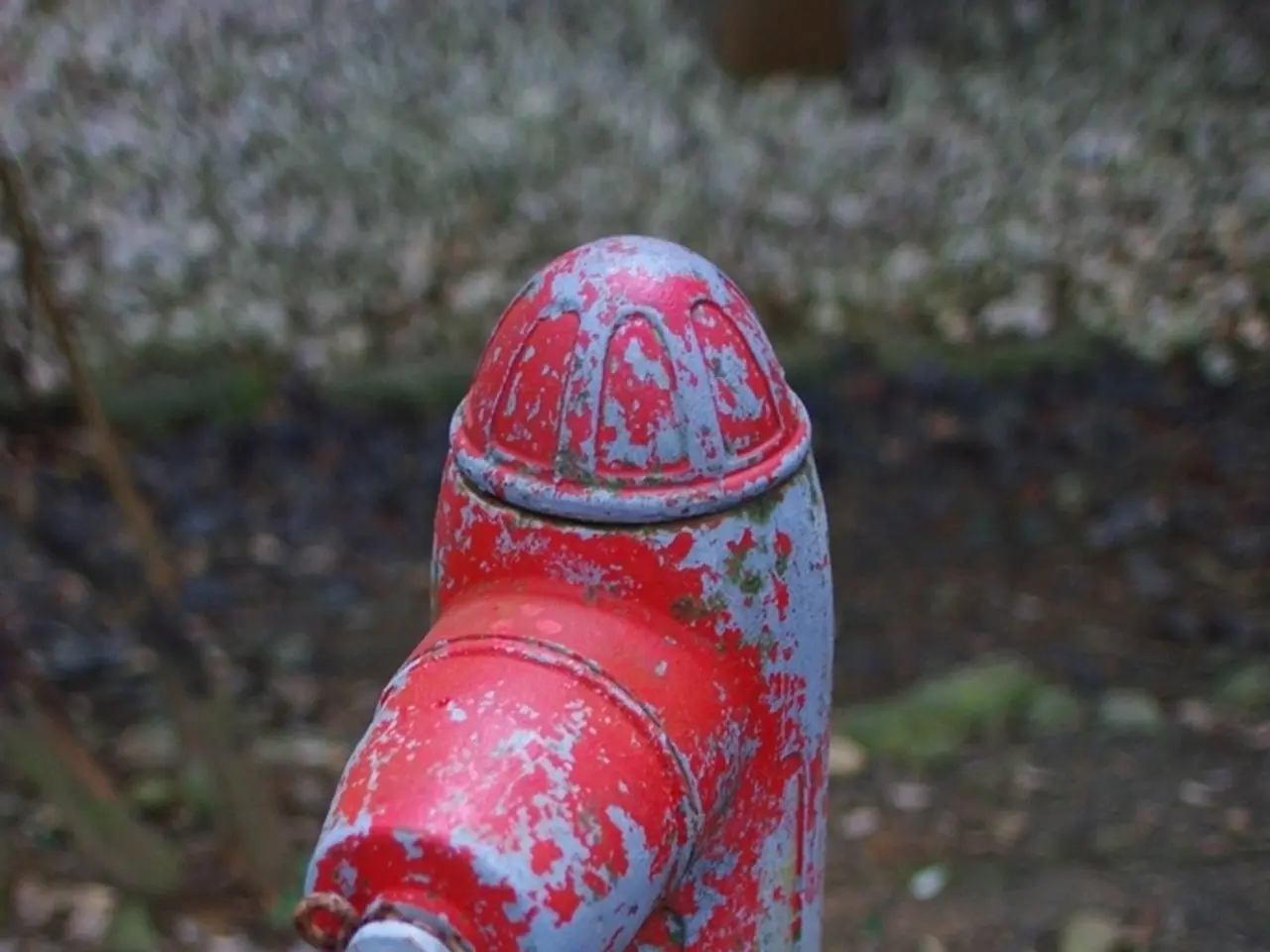EU Commission Encouraged to Abolish Anti-Greenwashing Regulations Proposed by EPP
The European Commission's Green Claims Directive, introduced in March 2023, aims to protect consumers from misleading environmental claims about products and services, is currently in a state of uncertainty. The Directive, which is part of a package of consumer-oriented environmental and circular economy-focused proposals, has faced opposition from various quarters, particularly from the European People's Party (EPP), the largest political party in the EU Parliament.
One of the key issues raised by the lawmakers is the "preapproval requirement for environmental claims," a mechanism not standard in the internal market and not applied across sectors. This requirement, according to the MEPs, may set a precedent that is difficult to reconcile with the broader objectives of regulatory coherence, competitiveness, and administrative simplification.
The EPP representatives have expressed concerns about the proposal's bureaucratic burden and its potential to stifle sustainability communication ("greenhushing") due to high costs and penalties. These concerns are particularly relevant for about 30 million micro-enterprises across the EU.
As a result, trilogue negotiations on the Green Claims Directive have been paused indefinitely. The Commission halted these negotiations in June 2025 after failing to reach an agreement on exemptions for small businesses. Though media initially reported the proposal's full withdrawal, the Commission clarified it has not formally withdrawn the Directive but left its future uncertain.
The disagreement revolves around the regulatory complexity and cost implications for small and micro businesses, viewed as incompatible with EU goals for deregulation and competitiveness. The Danish Presidency of the EU Council may resume discussions under a revised mandate, but no timeline or resolution has been confirmed.
In the meantime, businesses remain subject to existing EU anti-greenwashing laws like the Unfair Commercial Practices Directive. The Directive targets the proliferation of private environmental labels, requiring them to be reliable, transparent, independently verified, and regularly reviewed. New private labels can only be created at the EU level, and must be approved if they demonstrate greater environmental ambition than existing label schemes.
Companies under the proposed directive would be obligated to ensure the reliability of their voluntary environmental claims with independent verification and proven with scientific evidence. The Commission's proposal for the Green Claims Directive includes minimum requirements for businesses to substantiate, communicate, and verify their green claims.
The EPP MEPs, Arba Kokalari and Danuše Nerudová, have further criticised the lack of an impact assessment regarding the proposed directive, stating that the proposal does not convincingly demonstrate that the expected benefits would outweigh the significant costs and regulatory uncertainty it entails.
As the Green Claims Directive remains in a state of legislative limbo, it is unclear if the directive will be adopted without the EPP's support in the upcoming trilogue negotiations. The European People's Party has called for the withdrawal of the proposed Green Claims Directive, citing its complexity and potential impact on microenterprises as the main reasons for their objection.
[1] Euractiv [2] Politico [3] Financial Times [4] Reuters [5] EU Observer
Environmental science and climate-change have become significant topics in the ongoing political debate, with the European People's Party (EPP) voicing concerns about the recently proposed Green Claims Directive. [1] [2] [4] [5] The Directive, aimed at preventing misleading environmental claims, has faced opposition due to its bureaucratic burden and potential impact on micro-enterprises, which could amount to 30 million across the EU. The EPP has raised questions about the proposal's regulatory coherence, competitiveness, and administrative simplification, particularly concerning the preapproval requirement for environmental claims. [1] [2] [5] However, businesses must still adhere to existing EU anti-greenwashing laws such as the Unfair Commercial Practices Directive, which targets misleading private environmental labels. [3] As the Green Claims Directive remains in limbo, the future of the proposal is uncertain, with discussions potentially resuming under a revised mandate by the Danish Presidency of the EU Council. [1] [2] [4] [5] In the meantime, general news outlets continue to cover the Directive's progress and debate surrounding its implementation. [1] [2] [4] [5]








